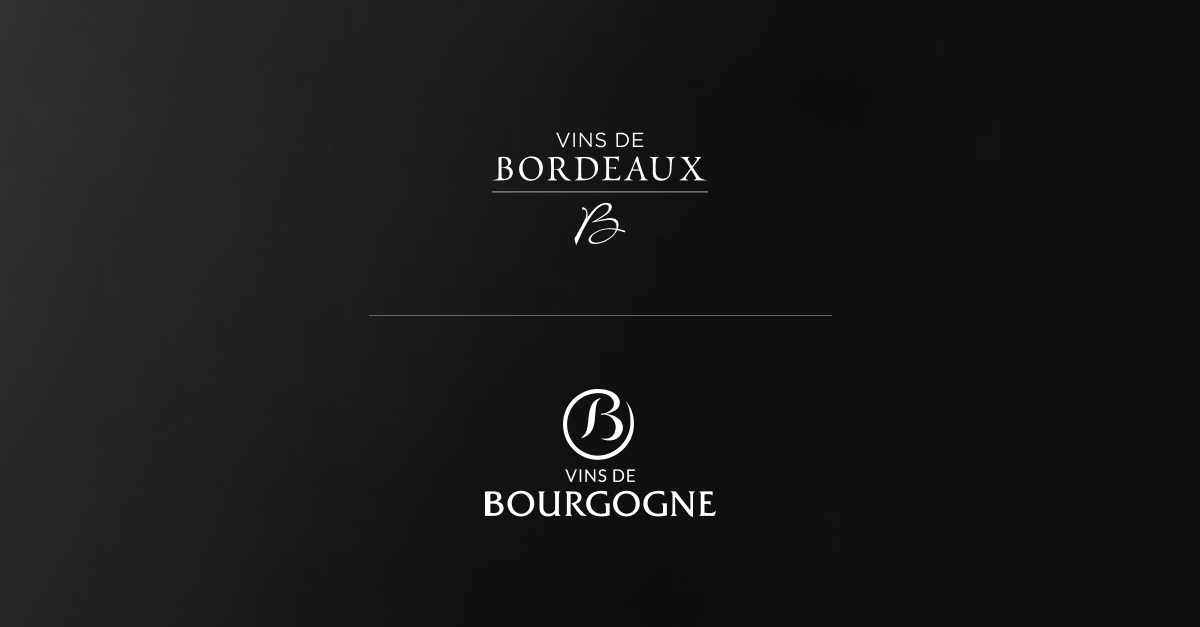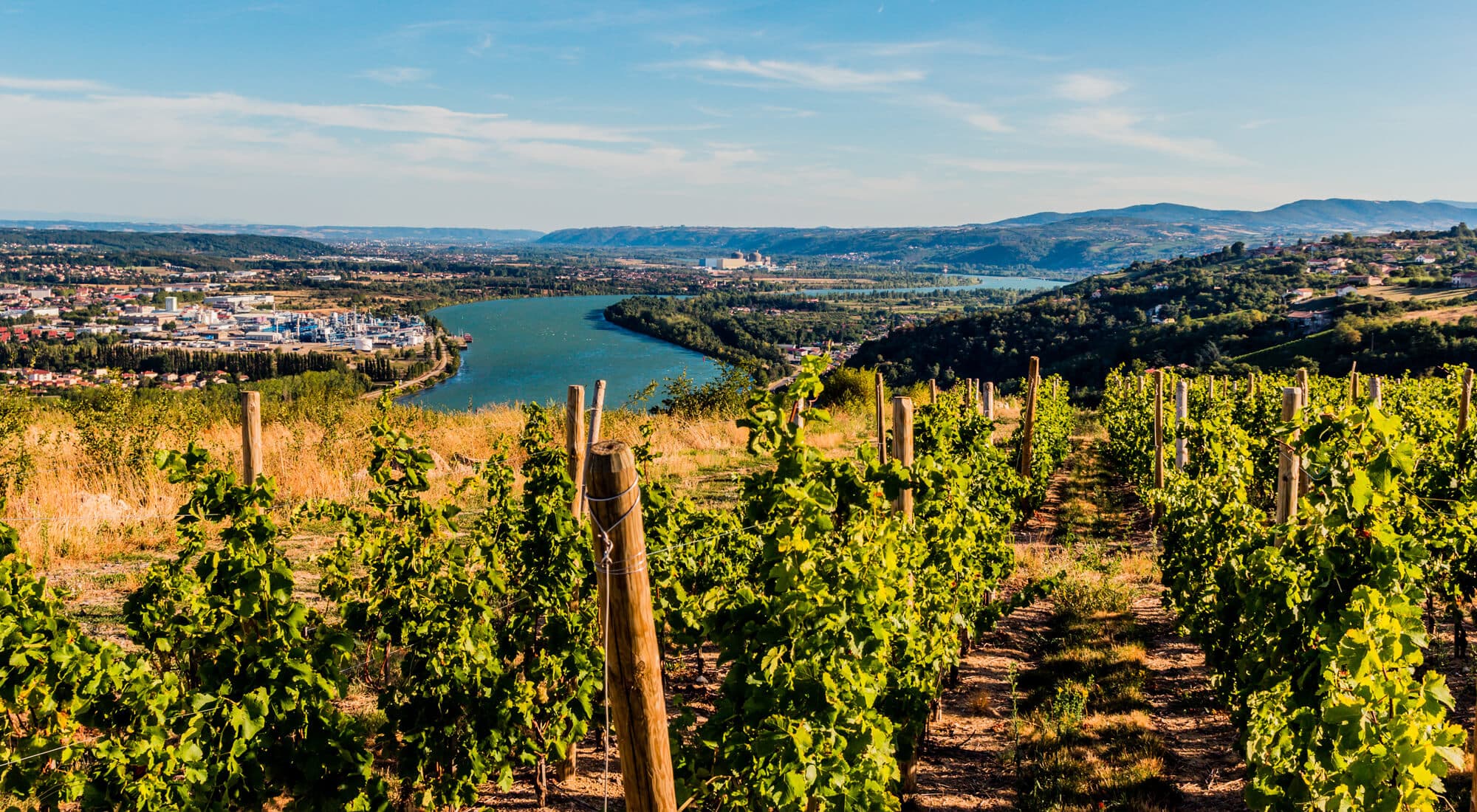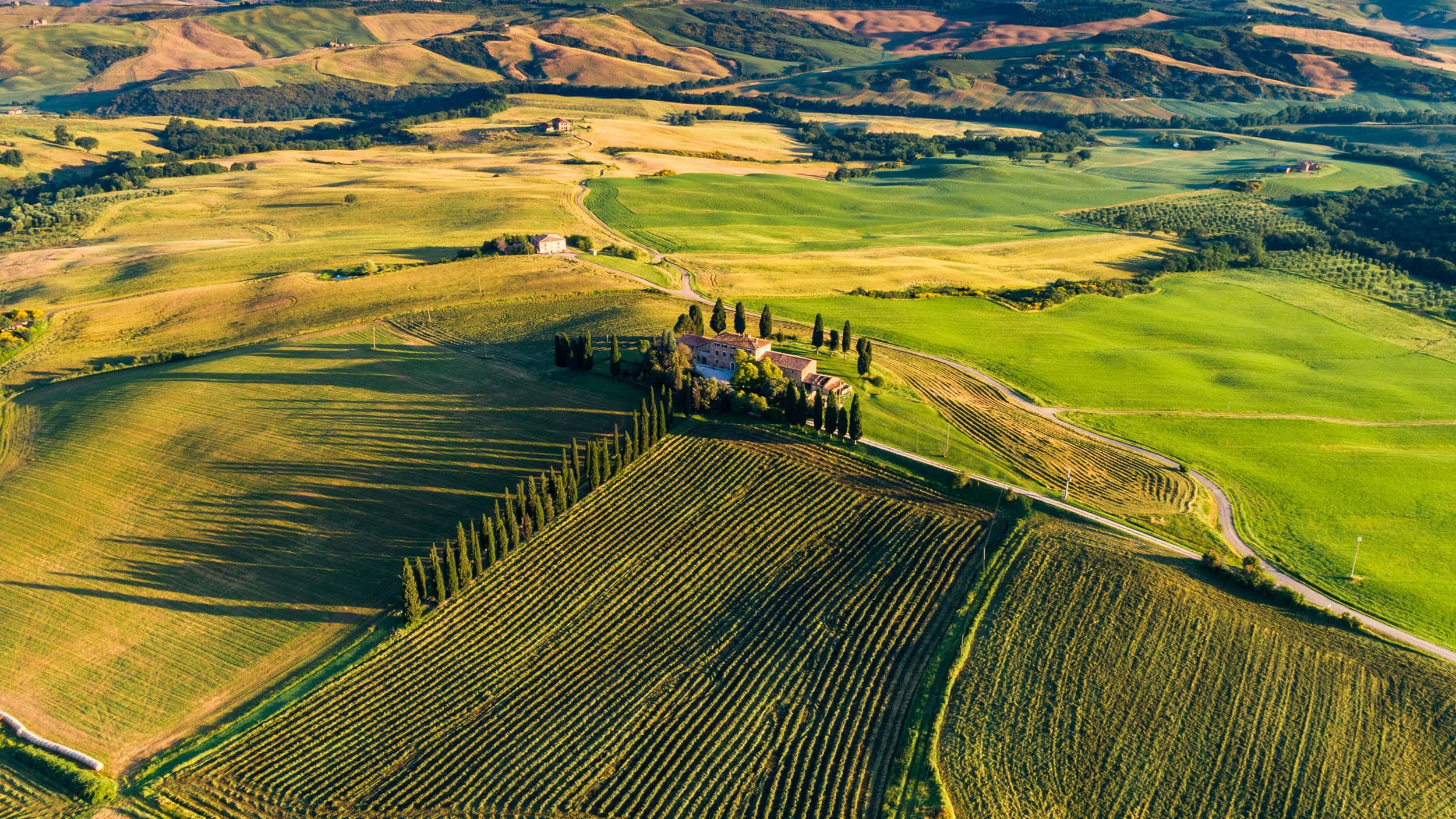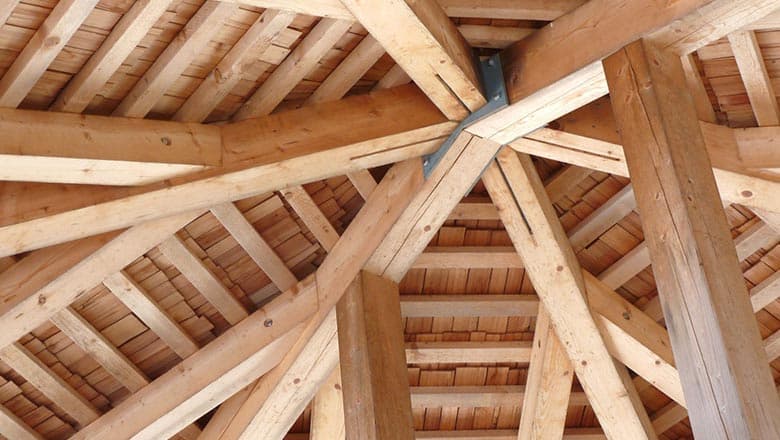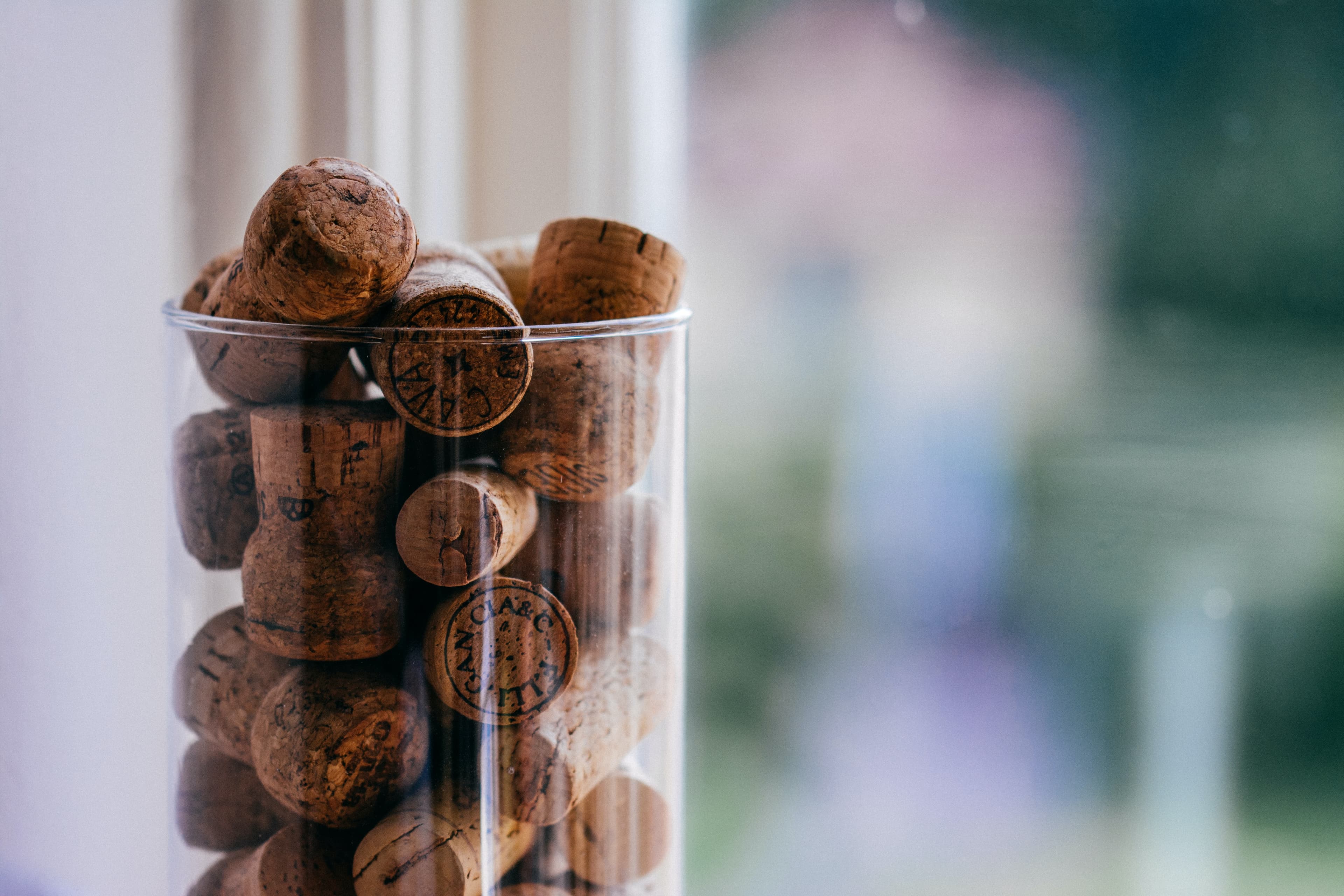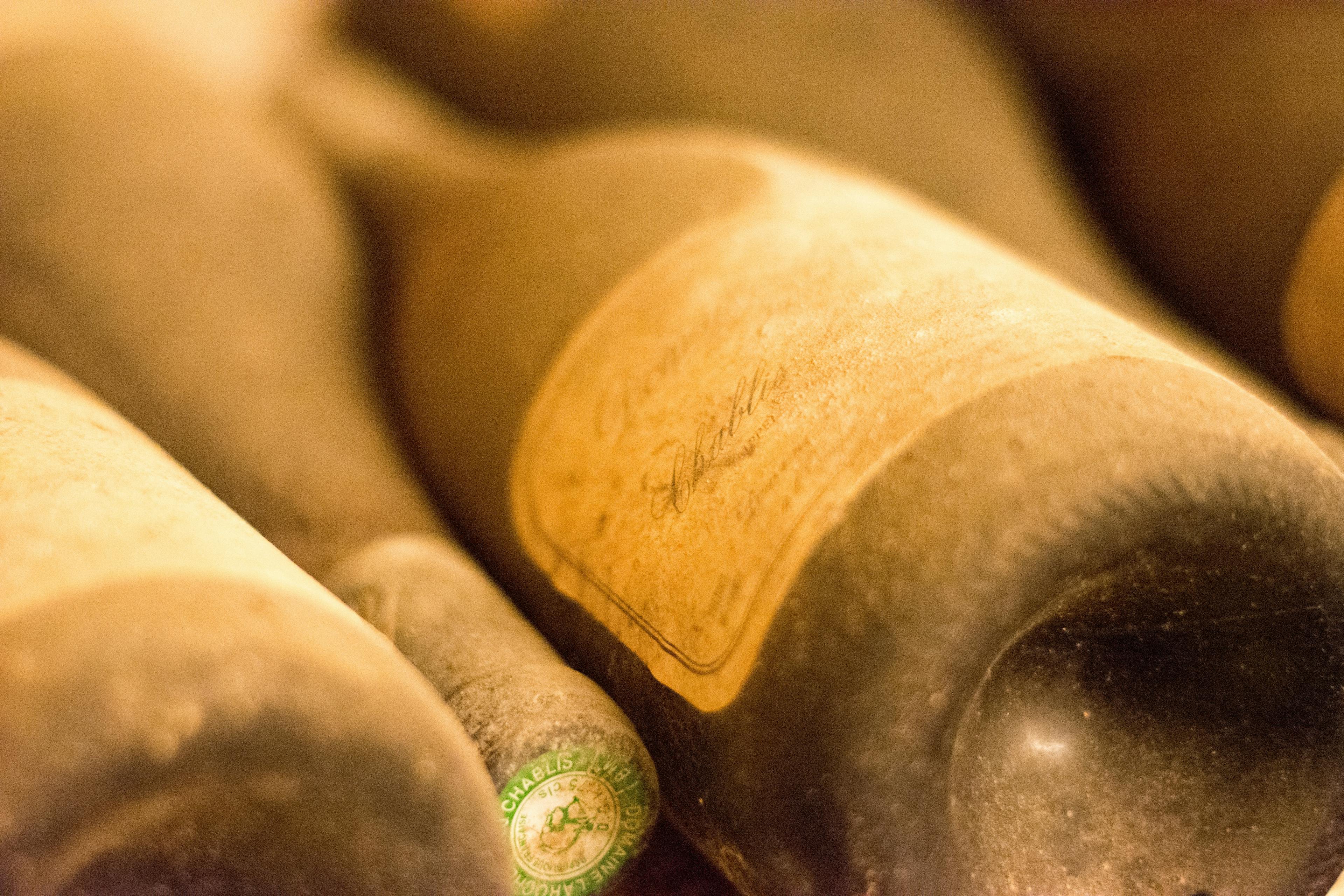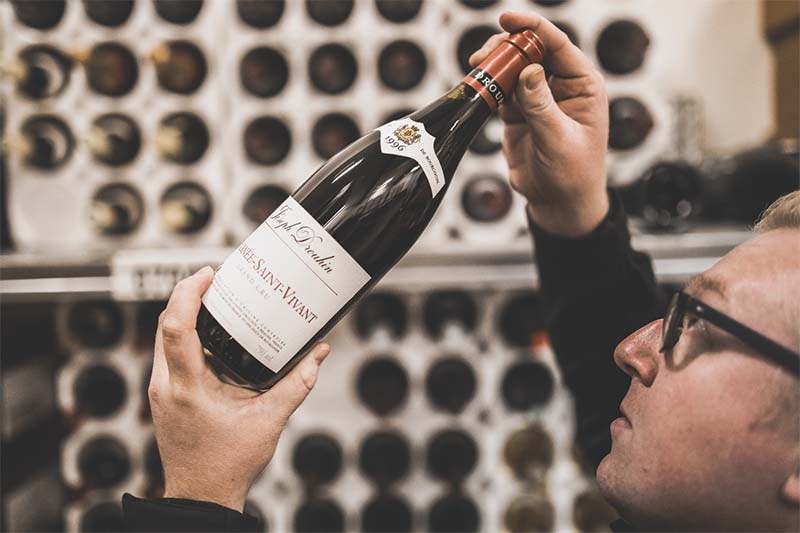
In the heart of Italy's prestigious Piedmont region, the name Gaja resonates with an exceptional legacy in winemaking. Known for its innovative approach and commitment to quality, Gaja stands as a beacon of excellence in a region famed for its rich viticultural heritage. This article delves into the distinctive aspects that make Gaja a standout among its peers. From pioneering vinification techniques to a steadfast dedication to terroir expression, we explore the elements that contribute to the winery's esteemed reputation and its influential role in shaping the Piedmontese wine landscape.
The History of Gaja in Piedmont Wine Making
The Gaja family's involvement in Piedmont wine making dates back to 1859 when Giovanni Gaja, the founder, established their winery in Barbaresco. Over the years, Gaja has become synonymous with innovation and quality in the Italian wine industry. Their approach to wine production combines respect for tradition with bold, experimental techniques, which has significantly influenced the region's viticultural methods.
Early Adoption of Barrique Aging: Unlike many local vintners who relied on large casks, Gaja was one of the first in Piedmont to adopt smaller French oak barriques. This method enhances the wine's complexity and longevity.
Focus on Single Vineyard Wines: Gaja pioneered the production of single vineyard wines in Piedmont, emphasizing the unique characteristics of each plot. This was a departure from the norm of blending grapes from various vineyards.
Introduction of International Varieties: In the 1980s, Gaja began planting Cabernet Sauvignon and Chardonnay, which was quite controversial at the time. These varieties brought a new dimension to their portfolio and showcased their willingness to innovate.
For those looking to store their Gaja wines, understanding these historical contexts can enhance the appreciation of each bottle's unique story and pedigree.
Gaja's Innovative Winemaking Techniques
Gaja, a renowned winery in Piedmont, has consistently pushed the boundaries of traditional winemaking, embracing innovative techniques that set it apart. One of the key innovations introduced by Gaja is the use of barriques, small French oak barrels, which was a departure from the large Slavonian oak casks traditionally used in the region. This shift not only allowed for better control of the wine's exposure to oak but also helped in the integration of subtler, more complex oak flavors into the wine.
Another significant technique is the green harvest, an approach not widely practiced in Piedmont until Gaja championed it. By selectively removing bunches of grapes early in the season, the vineyard could focus its energy on the remaining grapes, enhancing their quality and concentration. This practice has been crucial in maintaining consistent high-quality output, even in less favorable vintages.
Moreover, Gaja has been a pioneer in redefining the planting density in vineyards, increasing the number of vines per hectare, which intensifies the competition among vines, thereby improving the grapes' quality and character.
These techniques, among others, are detailed in the history of Gaja, showcasing a legacy of innovation and excellence in winemaking.
The Grape Varieties Unique to Gaja
Gaja, a renowned winery in Piedmont, Italy, is celebrated for its exceptional approach to viticulture and winemaking. This prestigious estate is particularly famous for its unique grape varieties, which are cultivated with meticulous craftsmanship. Among these, several stand out for their distinctiveness and contribution to the winery's acclaimed portfolio.
Barbaresco: Primarily made from Nebbiolo, Gaja's Barbaresco is a testament to the terroir's capability. The vines for this wine are carefully selected to ensure the highest quality.
Sperss: Originally a Barolo, Sperss was reclassified and is now produced with grapes from Serralunga d'Alba. This change highlights Gaja's dedication to expressing the unique characteristics of each locale.
Darmagi: A pioneering wine in the region, Darmagi was first planted with Cabernet Sauvignon in the 1980s, a bold move that diverged from traditional local varietals.
Gaia & Rey: This Chardonnay marks a significant departure from typical Piedmontese wines, showcasing Gaja's innovative spirit and commitment to diversity in their vineyards.
Each variety reflects the winery's philosophy of integrating tradition with innovation, ensuring that every bottle tells a story of place and passion.
Terroir: How Gaja's Location Influences Its Uniqueness
Gaja, a renowned winery in Piedmont, Italy, benefits immensely from its distinctive terroir, which significantly influences the quality and uniqueness of its wines. Nestled in the Langhe sub-region, the area is famed for its optimal wine-growing conditions, which include a specific microclimate and varied soil composition. These elements together create an environment where Nebbiolo grapes, among others, can thrive.
Microclimate: The local climate is characterized by a mix of cool Alpine influences and warm maritime breezes from the Ligurian Sea, fostering a lengthy growing season. This balance ensures that the grapes develop complex flavors and aromas.
Soil Composition: The soils in Gaja's vineyards are a rich mix of limestone and clay. This combination allows for excellent drainage, ensuring that the vines are neither too dry nor overly waterlogged, which is crucial for nurturing healthy, robust grapes.
Altitude and Exposure: Gaja's vineyards are positioned at varying altitudes, receiving different levels of sunlight and wind exposure. This diversity in micro-exposures across the vineyards allows for the cultivation of grapes with a wide range of characteristics, adding layers of complexity to the wines.
These facts about Gaja's terroir not only highlight its uniqueness but also explain why the winery consistently produces wines of exceptional quality and distinctiveness.
The Legacy of Angelo Gaja in Modern Winemaking
Angelo Gaja, a name synonymous with innovation in the Piedmontese wine industry, has significantly influenced modern winemaking. His approach combined traditional techniques with new methodologies, reshaping the landscape of Italian viticulture. Under his guidance, Gaja introduced the use of barriques (small French oak barrels), a practice that was unconventional in Piedmont during the 1970s. This method enhanced the aging potential and complexity of the wines, setting a new standard for quality and elegance.
Moreover, Gaja was pivotal in promoting single-vineyard wines, emphasizing the unique characteristics of each terroir. This focus on terroir specificity helped elevate the status of regions like Barbaresco, traditionally overshadowed by the more famous Barolo. His commitment to excellence and innovation did not stop at winemaking. Gaja also adopted more sustainable agricultural practices, significantly reducing the use of chemicals in the vineyards.
For those interested in exploring some of the most popular vintages crafted under Angelo Gaja's vision, a myriad of options exemplify his impact:
Barbaresco Costa Russi
Langhe Nebbiolo Conteisa
Barolo Sperss
Darmagi Cabernet Sauvignon
Each of these wines reflects the meticulous care and forward-thinking approach that are hallmarks of Gaja's legacy.
Sustainability Practices at Gaja
Gaja Winery has long been a pioneer in sustainability, integrating eco-friendly practices that significantly influence the taste of their wines. These practices not only ensure the preservation of the local ecosystem but also enhance the quality of their vineyards in Piedmont.
Organic Farming: Gaja has committed to organic farming techniques since the late 1990s. By avoiding synthetic pesticides and fertilizers, they maintain soil health and promote biodiversity among the vine rows.
Biodiversity Conservation: The winery actively works to preserve local wildlife and flora, creating a balanced environment that supports both vine growth and the surrounding nature.
Water Management: Innovative water conservation methods are employed to minimize waste. Rainwater harvesting and regulated irrigation systems ensure that water resources are used efficiently.
Renewable Energy: Solar panels are installed across their properties, reducing reliance on non-renewable energy sources and lowering carbon emissions.
Waste Reduction: Emphasis on recycling and composting organic waste contributes to a reduced environmental footprint and enriches the vineyard soils.
These initiatives not only reflect Gaja's commitment to sustainability but also contribute to the distinct character and complexity of their wines, making each sip a testament to their environmental stewardship.
The Rarity and Exclusivity of Gaja Wines
Gaja, a name synonymous with Italian winemaking excellence, particularly in the Piedmont region, has cultivated a reputation for producing wines that are not only exceptional but also rare and exclusive. This exclusivity stems from several key practices that set Gaja apart from other wineries.
Firstly, the limited production quantities ensure that each bottle of Gaja wine is a product of meticulous attention and care. By controlling the volume of wine produced, Gaja maintains a high standard of quality over quantity. This practice makes each vintage a sought-after collectible among connoisseurs.
Secondly, Gaja's commitment to using only the finest grapes, often from single vineyards, enhances the unique characteristics of each wine. These vineyards are known for their specific microclimates and soil compositions, which contribute distinctively to the flavor profiles of the wines.
Moreover, the winery employs traditional techniques blended with innovative methods to preserve the authenticity of the wines while ensuring they meet modern palates. This approach not only respects the heritage of Piedmont winemaking but also introduces a contemporary edge to their bottles.
For those interested in enjoying Gaja wines, understanding these aspects can greatly enhance the appreciation of their rarity and value. Each sip offers a taste of the rich history and dedicated craftsmanship behind Gaja's esteemed labels.
Awards and Recognitions Received by Gaja
Gaja, a renowned winery in Piedmont, Italy, has consistently earned accolades for its exceptional wines. This prestigious estate has been recognized globally, underscoring its commitment to quality and innovation in viticulture. Among the numerous awards, Gaja has received several notable mentions:
Tre Bicchieri Awards: Gaja's wines have frequently been awarded the coveted Tre Bicchieri, a top honor in the Italian wine industry, signifying excellence in wine-making.
Wine Spectator Top 100: Multiple vintages of Gaja have been listed in the Wine Spectator Top 100 Wines of the Year, highlighting their universal appeal and outstanding quality.
Decanter Awards: The winery has also been celebrated at the Decanter World Wine Awards, where its wines have received gold and platinum medals, showcasing their superior craftsmanship.
Robert Parker Scores: Wines from Gaja have consistently scored above 90 points by Robert Parker, indicating their exceptional quality and complexity.
For those interested in experiencing Gaja's award-winning wines, learning how to properly serve them can enhance the tasting experience, ensuring that each bottle's unique characteristics are fully appreciated.
Gaja's Contribution to Global Wine Culture
Gaja, a renowned winery in Piedmont, has significantly influenced global wine culture through its exceptional wines and innovative practices. This influence extends notably to the enhancement of food pairings, where Gaja's offerings have become benchmarks for pairing with various cuisines. Their Barbaresco, for instance, is celebrated for its compatibility with rich, savory dishes such as truffled risotto or braised beef, which accentuate the wine's complex flavors and robust structure.
Moreover, Gaja's commitment to sustainability and preservation of traditional winemaking techniques has resonated well beyond Italy. They have set standards in viticulture, showing how integrating modern technology with age-old methods can yield superior results without compromising the environment. This approach not only preserves the unique character of the local terroir but also ensures that each bottle offers a distinct narrative of its origin.
Internationally, Gaja's wines serve as a bridge between Italian culinary traditions and global dining practices, encouraging a deeper appreciation for how fine wines can elevate a meal. Their influence is evident in how sommeliers and chefs worldwide curate their menus, ensuring that each dish complements the nuanced profiles of Gaja's wines.
How Gaja Maintains Consistency in Quality
Gaja, a renowned winery in Piedmont, Italy, has established a reputation for consistently high-quality wines. This achievement stems from several key practices and philosophies that guide their winemaking process.
Selective Grape Sourcing: Gaja meticulously selects grapes from only the most fertile vineyards. This careful selection ensures that only the best grapes are used, which significantly contributes to the wine's consistent quality.
Innovative Winemaking Techniques: The winery integrates traditional methods with modern technology. By doing so, Gaja manages to maintain the unique character of their wines while ensuring each batch meets high standards.
Aging Process: Wines are aged in barrels carefully chosen to enhance their distinct flavors and aromas. This controlled aging process helps in maintaining a consistent profile across different vintages.
Expert Staff: Led by experienced oenologists, the team at Gaja possesses deep knowledge of viticulture and enology. Their expertise is crucial in making decisions that affect the wine's quality from vineyard to bottle.
Climate Monitoring: Gaja pays close attention to weather patterns and adjusts their viticulture practices accordingly. This proactive approach helps safeguard the vines against adverse conditions, preserving the quality of the harvest.
Through these methods, Gaja ensures that each bottle reflects the excellence expected by connoisseurs around the world.
Conclusion
In conclusion, Gaja's uniqueness in Piedmont stems from its innovative approach to winemaking, commitment to quality, and the deep respect for tradition that Angelo Gaja has infused into every bottle. This prestigious winery not only represents the pinnacle of Barbaresco production but also stands as a beacon of innovation in a region deeply rooted in winemaking heritage. Gaja's wines are a testament to the potential of Piedmontese viticulture, skillfully blending the old with the new to create something truly exceptional.
For wine enthusiasts and collectors looking to experience the distinctiveness of Gaja, Rekolt offers a seamless solution. Our fine wine marketplace not only provides access to these exquisite wines but also includes the option to store them in a professional cellar. This service ensures that the wines are kept in optimal conditions, preserving their quality and enhancing their value over time. Furthermore, our platform facilitates easy resale and trading, allowing you to manage your wine investments efficiently. Whether you are a seasoned collector or a new enthusiast, Rekolt and Gaja together offer an unparalleled opportunity to explore the best of Piedmont's winemaking legacy.
Share this article
